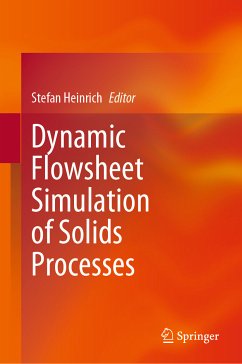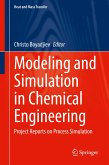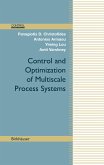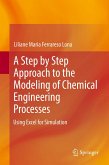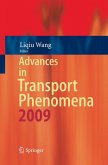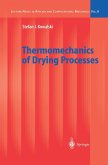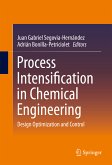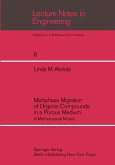This book presents the latest advances in flowsheet simulation of solids processes, focusing on the dynamic behaviour of systems with interconnected solids processing units, but also covering stationary simulation. The book includes the modelling of solids processing units, for example for comminution, sifting and particle formulation and also for reaction systems. Furthermore, it examines new approaches for the description of solids and their property distributions and for the mathematical treatment of flowsheets with multivariate population balances.
Dieser Download kann aus rechtlichen Gründen nur mit Rechnungsadresse in A, B, BG, CY, CZ, D, DK, EW, E, FIN, F, GR, HR, H, IRL, I, LT, L, LR, M, NL, PL, P, R, S, SLO, SK ausgeliefert werden.

